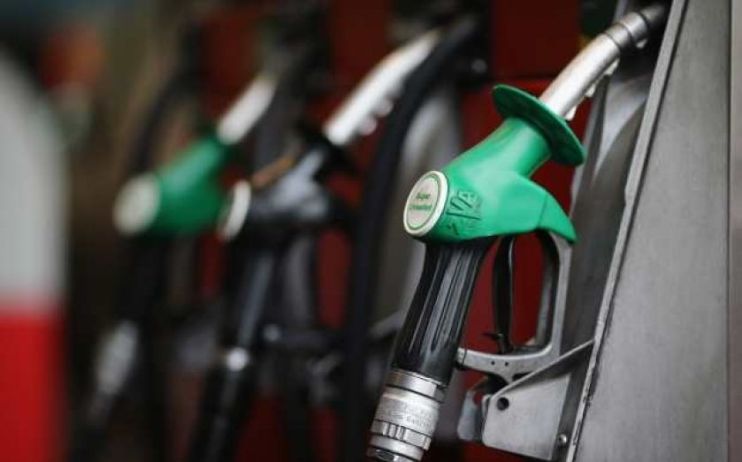Diesel prices climb to record levels as cost-of-living crisis escalates

Diesel prices have soared to record levels, piling pressure on motorists amid spiralling inflation and a deepening cost of living crisis which has also seen energy bills and food prices spike to all-time highs.
The latest insight from RAC Fuel Watch data reveals diesel peaked at 180.29p per litre yesterday, climbing above March 23’s record of 179.90p.
Meanwhile petrol prices were just one pence shy of record the fuel’s record levels at 166.65p.
This is three pence above May’s petrol prices, with the motoring group warning prices could climb again the European Union (EU) opts for a phasing out of Russian oil imports.
Hungary is the only country still withholding support from EU proposals to ban Russian oil, which the International Energy Agency has suggested could lead to three million barrels of Russian oil remaining offline from global markets.

Prices remain elevated with oil still trading above the $100 milestone on both major benchmarks, amid concerns of supply shortages and increasingly volatile geopolitical factors.
While homeowners have largely eschewed diesel vehicles, the fuel remains the backbone of the UK economy, and remains the preferred choice for vans and lorries.
The UK is not as dependent on Russian oil as the EU is, however, almost a fifth of all UK diesel consumption was provided by Russian imports in 2020.
RAC fuel spokesperson Simon Williams told City A.M.: “Efforts to move away from importing Russian diesel have led to a tightening of supply and pushed up the price retailers pay for diesel.
“While the wholesale price has eased in the last few days this is likely to be temporary, especially if the EU agrees to ban imports of Russian oil.”
“Unfortunately, drivers with diesel vehicles need to brace themselves for yet more pain at the pumps.”
The organisation has reignited calls for the Chancellor Rishi Sunak to step in and ease the pressure on drivers, urging him to reduce VAT to 15 per cent.
In the Spring Statement earlier this year, he announced plans to cut fuel duty by five pence.
However, Sunak is resisting demands for an emergency budget though government has signalled that taxpayer aid is on the way to help with the rising bill from inflation.